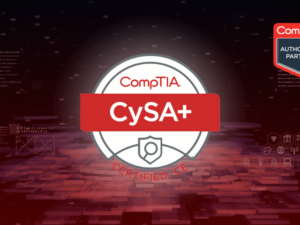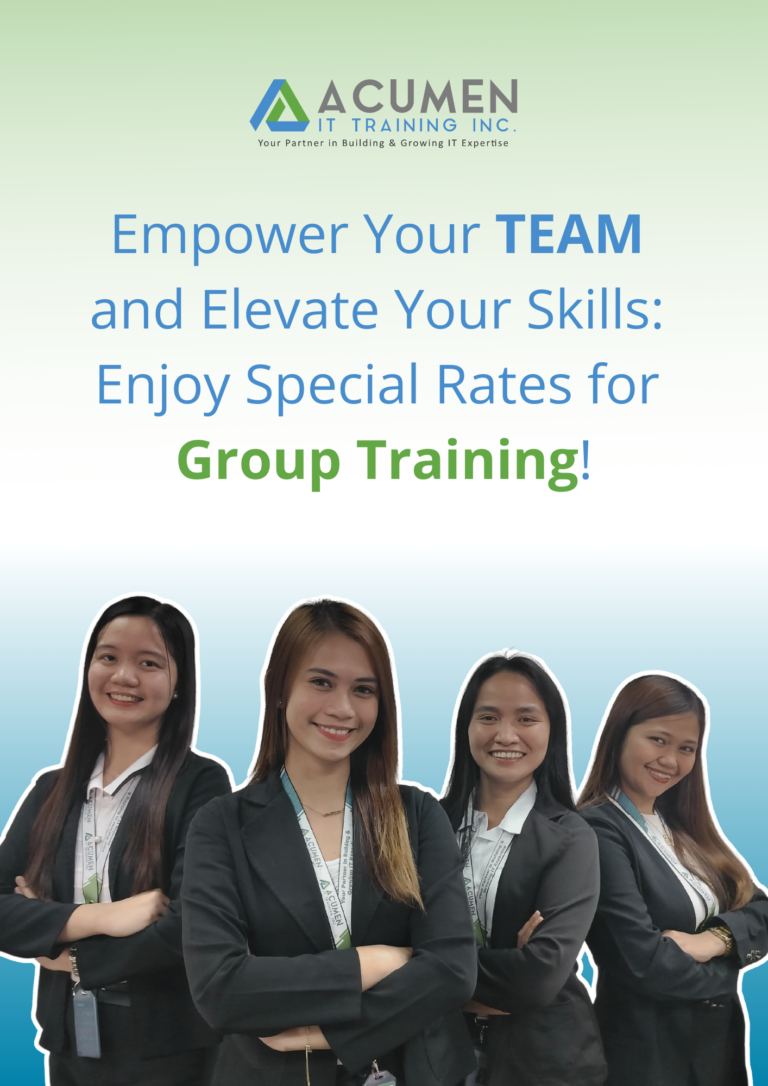DESIGN THINKING METHOD FOUNDATION
- Description
- Reviews

DESIGN THINKING METHOD FOUNDATION
COURSE DESCRIPTION
Design Thinking is a method that is gaining more and more recognition around the world. It serves to raise creativity levels while designing new products and processes with minimum costs incurred. Design Thinking is a tool that helps create innovations and improvements to existing products so that they can meet the actual expectations of potential and end users.
Additionally, it is one of the most reliable methods used during the pre-project phase to assess whether it is cost-efficient to engage in the initiative and how the end product of the project should work to bring as many benefits to the organization as possible.
The methodology of conducting the Design Thinking processes is based on 3 pillars:
• DTModel, composed of 3 phases
• DTTools, around 20 tools fitted to DTModel
• DTRules&Roles, that is, the rules (and roles) to follow applying DTMethod
BENEFITS TO INDIVIDUALS
• increased understanding of Design Thinking,
• learning about tools that can be used in troubleshooting,
• structuring knowledge about Design Thinking, reducing the sense of chaos,
• greater understanding and comfort of participating in Design Thinking processes.
BENEFITS TO ORGANISATIONS
Using the effective Design Thinking training methodology will:
• increase the benefits obtained by products, processes, and services created by project management processes preceded by Design Thinking,
• it massively reduces risk to organizations. They will know if a project is feasible before doing all the work
•reduce the feeling of uncertainty about the duration and level of people’s involvement in the Design Thinking process,
• enable the incorporation of Design Thinking into the routine activity of projects,
• prepare employees for effective work during Design Thinking workshops
• increase the efficiency of Design Thinking processes,
• increase the possibility of designing a good Solution.
TARGET AUDIENCE
The DTMethod® Certification Scheme supports the learning requirements of individuals and organizations who want to understand, adopt, and adapt the DTMethod®.
The target audience of the Design Thinking Foundation Qualification therefore includes:
• Project managers
• SCRUM masters
• Product Owners
• Project team members
• Sponsors
• Problem solvers
• Continuous improvement team members
• Top management and strategy organizers
• Trainers
• Facilitators
• Moderators
COURSE OUTLINE
• Introduction to Design Thinking
• Introduction to DTMethod
• Workshops session 1: beginning DTMethod process and exploration phase
•Stakeholder research: interviews, questionnaires and observations
•Desk research
•Stakeholder research planning
• Workshops session 2: exploration phase
• Course of exploration phase; principles of DTMethod (DTRules) in exploration phase
• Workshops session 3: creative phase
• Course of creative phase; principles of DTMethod (DTRule) in creative phase
• Workshops session 4: construction phase
• DTMethod Foundation Sample Paper
• Workshops session 5: construction phase
• Course of construction phase; principles of DTMethod (DTRules) in creative phase
• Summary of DTMethod
• DTMethod Foundation Examination
DTMETHOD® FOUNDATION EXAM:
• Single-choice test consisting of 50 questions.
• To pass the exam it is required to obtain 65%, i.e. at least 33 points.
• The exam lasts 40 minutes.
• English language.
A participant who obtained the required number of points to pass the exam receives an international certificate in electronic. Additionally, you can buy a paper version of the certificate.
DTMethod® Foundation Certificate is valid indefinitely.
Please contact us for the full course outline, schedules and for booking a private class.
Popular Courses
Archive
Working hours
| Monday | 9:00 am - 6.00 pm |
| Tuesday | 9:00 am - 6.00 pm |
| Wednesday | 9:00 am - 6.00 pm |
| Thursday | 9:00 am - 6.00 pm |
| Friday | 9:00 am - 6.00 pm |
| Saturday | Closed |
| Sunday | Closed |









